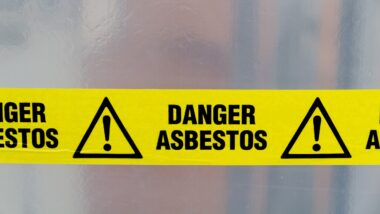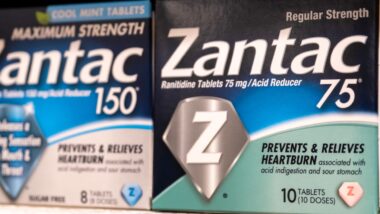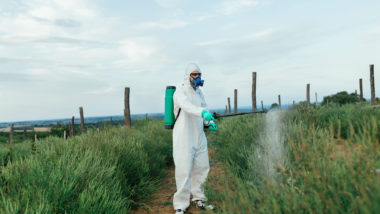Top Class Actions’s website and social media posts use affiliate links. If you make a purchase using such links, we may receive a commission, but it will not result in any additional charges to you. Please review our Affiliate Link Disclosure for more information.

Bayer, which gained the rights to Roundup when it took over Monsanto in 2018, continues to defend glyphosate, insisting that it is safe when used as directed. On the other hand, the herbicide has been banned or severely restricted in a number of countries and communities. Furthermore, three juries have found the company’s flagship product to be the reason that plaintiffs have developed non-Hodgkin lymphoma. There are currently more than 18,000 more glyphosate cancer lawsuits pending.
Whether you believe environmentalists and the courts or simply have doubts about the product, the fact is there are other methods of weed control, many of which do not involve questionable chemicals.
A Symptom, not a Disease
According to the Washington Post, a number of gardening experts will tell you that weeds are not so much a problem as they are a symptom of something else. One of those problems is empty space. Vegetation will rush in to fill any vacancy. Therefore, it makes sense that one of the most effective ways to get rid of weeds is to stop them from growing in the first place by filling the garden with plants that are wanted, so weeds have no room to compete.
During the fall and winter months, when many noxious weeds begin to develop, a smart strategy is to plant ground cover such as clover and vetch. These not only crowd out undesirable weeds, they also fertilize the beds for spring planting.
Solar Power
An effective alternative, and a way to eliminate the possibility glyphosate toxicity, is to use the sun. If there is a large area to be cleared during the hot summer months, you can soak the ground and cover it with plastic sheeting (clear works best). After two weeks, this should cook annual weeds out of existence. Be sure the plastic is a bit elevated, and secured at the edges.
Fight ‘Em With Fire
Flame weeders, which are expensive (around $200-$250), and require some skill, can be a very effective tool for getting rid of weeds that spring up through gravel paths and concrete. These consist of a propane tank and a small flamethrower in the form of a narrow wand. Safety precautions and protective footwear are called for. Flame weeders may be banned in regions where wildfires are a danger.
Organics Don’t Have Glyphosate Toxicity, But…
There are a number of organic alternatives to glyphosate that do not cause long-term harm to the soil and are beneficial to plants and insects. One of the most economical is plain, white vinegar. However, it will be necessary to amend the soil afterward, as the acid will leech nitrogen. Another alternative is herbicidal soap, which breaks down plant cells, but this must be applied selectively. Corn gluten is another option, but it’s expensive and makes the soil sterile for several weeks.
Gardeners who seek an alternative to glyphosate have many options, but non-glyphosate weed control may require multiple tools and strategies.
If you or a loved one developed cancer after using Roundup as a farm worker or home gardener, you may have a legal claim. Legal migrant farm workers may also seek help. Learn more by filling out the form on this page for a FREE case evaluation.
ATTORNEY ADVERTISING
Top Class Actions is a Proud Member of the American Bar Association
LEGAL INFORMATION IS NOT LEGAL ADVICE
Top Class Actions Legal Statement
©2008 – 2024 Top Class Actions® LLC
Various Trademarks held by their respective owners
This website is not intended for viewing or usage by European Union citizens.
Get Help – It’s Free
Join a Free Roundup Cancer Class Action Lawsuit Investigation
For the most up-to-date information on this case, click here.












